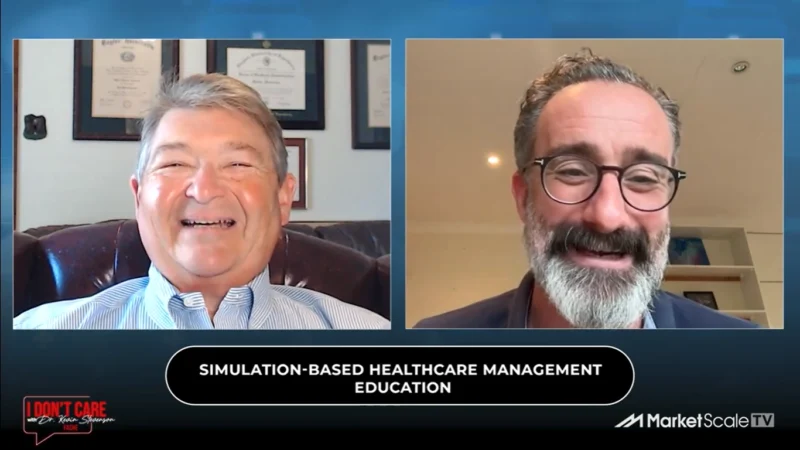AI in Healthcare: Dr. Lina Bouayad on Improving Provider Efficiency and Patient Care
Artificial Intelligence (AI) is revolutionizing healthcare, from patient interactions to administrative efficiency. With growing demands on healthcare providers, tools like AI are stepping in to bridge gaps, particularly in documentation and patient engagement. But what does this mean for the future of healthcare, and how are providers adapting to these technological advances? This episode of I Don’t Care with Dr. Kevin Stevenson dives into the world of AI in healthcare.
The conversation addresses the core question: How can AI improve healthcare efficiency without compromising patient care?
Dr. Lina Bouayad, the Founder and CEO of Looba.ai, discusses her journey from computer science to healthcare AI, highlighting how Looba.ai’s tool, Analgesia, is reshaping provider-patient interactions. The tool, developed out of personal and professional necessity, automates and enhances the documentation process, allowing providers to focus more on patient care.
Key Points Discussed:
- Reducing Documentation Burden: How Analgesia helps providers by automating and refining the documentation process, reducing time spent on administrative tasks.
- Improving Patient-Provider Interaction: The tool’s ability to capture patient data seamlessly during consultations, allowing providers to focus more on the patient rather than on paperwork.
- AI in Practice: The practical applications of AI in such settings, including real-time language translation and differential diagnosis support.
Dr. Lina Bouayad is the Founder and CEO of Looba.ai, where she leverages her extensive expertise in artificial intelligence and analytics to enhance productivity and healthcare outcomes. She has a strong background in management information systems and has led significant research collaborations, including several projects with the U.S. Department of Veterans Affairs, focusing on AI applications in healthcare. Dr. Bouayad is also an Associate Professor at Florida International University, with numerous publications in top industry journals.
Article written by MarketScale.




